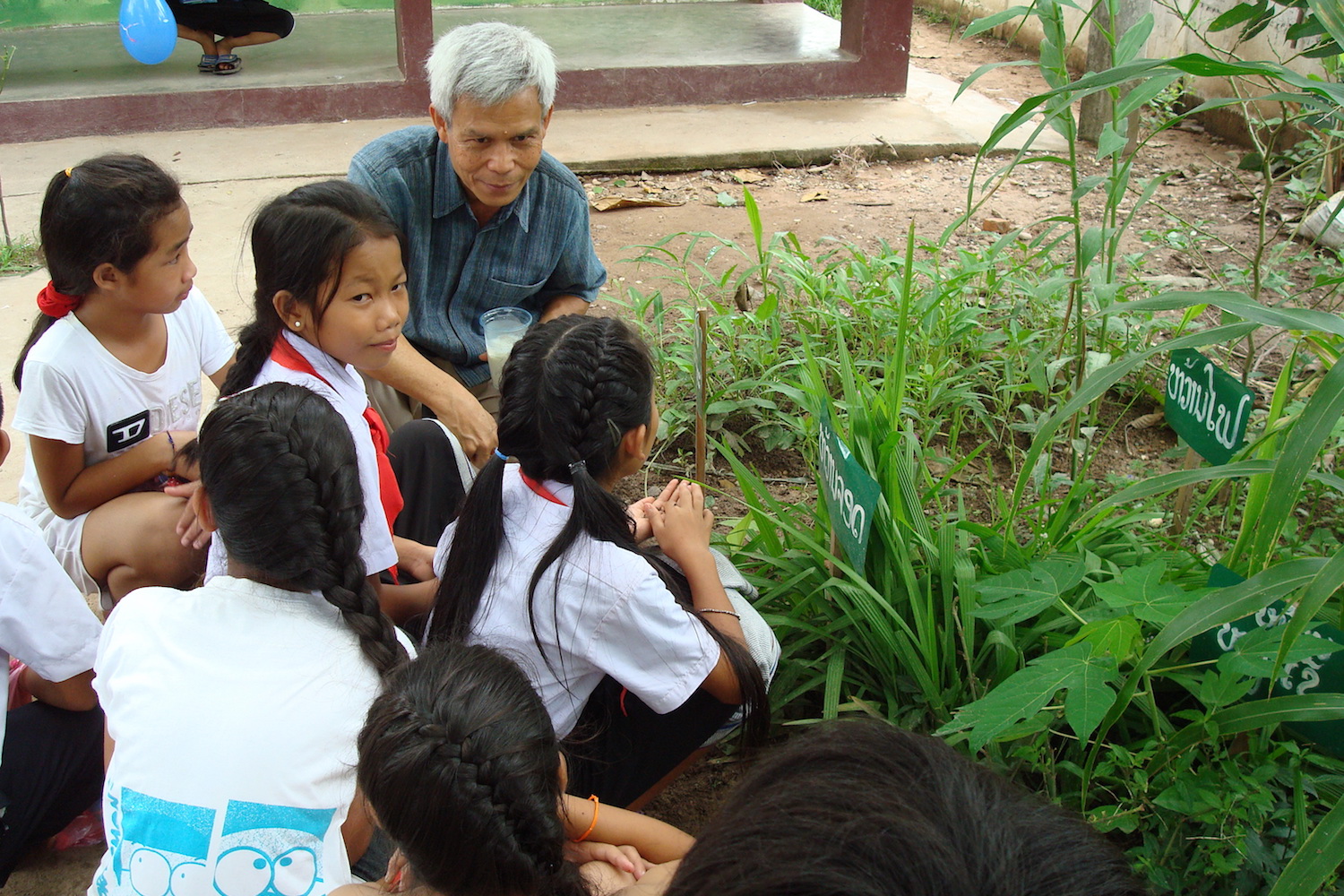Closure of PADETC
My dearest Sombath,
Today I write to tell you that PADETC, the organization you started since 1996, is officially deregistered. It has been a difficult decision for me to request to deregister PADETC, an organization you had worked so hard to establish and lead for so many years.
However, over the past 7 years since you disappeared, the authorities have denied renewal of PADETC’s license of operation. In fact some people in government do not even want to hear the name of PADETC mentioned. For this reason, most of the PADETC staff have left the organization.
Even though the passing of PADETC is sad, I am sure you would support my decision to deregister the organization. I remember you telling me back in 2008, that you had to prepare for PADETC to evolve to meet the changing times.
In 2008, you had already started to pave the way for PADETC to devolve from being just a development/training organization dependent on external donor funds to become self-sustaining independent entities. To prepare for this process, you had started mentoring and coaching your staff, based on their capacities and interests, to branch out and develop their own operation units that would be initially affiliated with PADETC, but over time these would become their own independent organizations or enterprises. PADETC itself would downsize and be transformed into a small mentoring and coaching center, and would eventually be dissolved.
So between 2009 to 2012, some of your more enterprising staff were already running their own affiliated units, providing consultancy services in the following areas: media training and audio/visual production; community forestry management; community services; organic farming training and operations; finance and management operations; and small business enterprises.
Your enforced disappearance in December 2012, fast-forwarded your plans of pushing his staff out to the real world and establish their own organizations.
Over time most of your staff have left PADETC, some for fear of being associated with you, but a number went off to establish their own organizations, with many continuing to use your development concepts of sustainable development and guiding principles in their own work.
So, my dearest Sombath, despite your disappearance, and despite you not being here to guide and mentor many of the young people and younger staff you have trained, your vision and mission have continued and your concepts on sustainable development have spread far and wide.
As you so often said to me, “everything changes, the only unchangeable thing is change itself”. Once more your foresight has proven correct.
I am sure, wherever you are, you will also be relieved and pleased to know that despite the fact that PADETC is no more, your ideas and your vision of PADETC have lived on in many different forms. Like a strong steady tree, its seeds have spread far and wide.
Be strong and be happy, my love
Shui Meng



 Sombath Somphone, a well-known civil society organizer, is the most famous “forced disappearance” in Laos.
Sombath Somphone, a well-known civil society organizer, is the most famous “forced disappearance” in Laos.
 The second issue is the situation of civil society, again which I take as illustrative. In general, the government assumes that civil society is an extension of itself. In other words, it is there to implement its own policies. It is not there to provide any independent analysis. It is not there to stimulate reflection, discussion, consultation, participation.
The second issue is the situation of civil society, again which I take as illustrative. In general, the government assumes that civil society is an extension of itself. In other words, it is there to implement its own policies. It is not there to provide any independent analysis. It is not there to stimulate reflection, discussion, consultation, participation.







